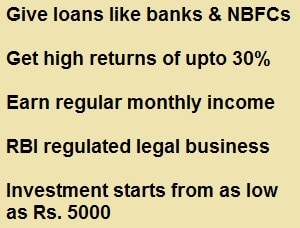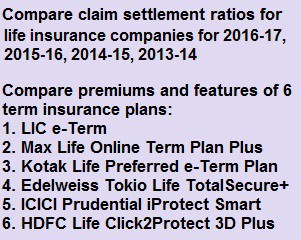You have heard of the words ‘credit score’. Isn’t it? It is what lenders use to decide whether to give loans to people or not. But unfortunately, you are still not clear about this score and how to manage this score.
In this article, we try to answer some of your questions that you may have about credit scores.
What is credit score?
Credit score is a 3-digit number given to you on the basis of your credit history and how you have been managing your loans till now. As per current norms, if your score is above 750, you are considered creditworthy by most lenders.
What are credit scores used for?
Lenders use credit score to establish your credit worthiness. If you have paid your loan EMIs on time and have not defaulted, your score will be high. This high score indicates that your credit history is good and same can be expected in future too. So lenders are more comfortable lending to people with higher scores.
Do loan rates get decided by credit score I have?
Yes and no. For a given loan product for example Business Loan, the range is pre-decided by the lenders. Now within this range, the lender can give you any rate that they feel is in line with your credit worthiness. A low score means low credit worthiness and therefore, high interest rate. Similarly a high score means high credit worthiness and hence, low interest rates.
Is credit score impacted when I make loan or credit card applications?
Whenever you make a loan application, the lender accesses your credit score. This is referred to as a hard enquiry and can reduce your score slightly. Hence it is advised not to make too many loan or credit card applications in a row.
Does defaulting on loan or credit card repayment reduce my score?
Yes. If you have a good score and you default on one of the repayments, it won’t affect your score much. But if you regularly miss your loan repayments, then it can start affecting your score negatively in a big way.





